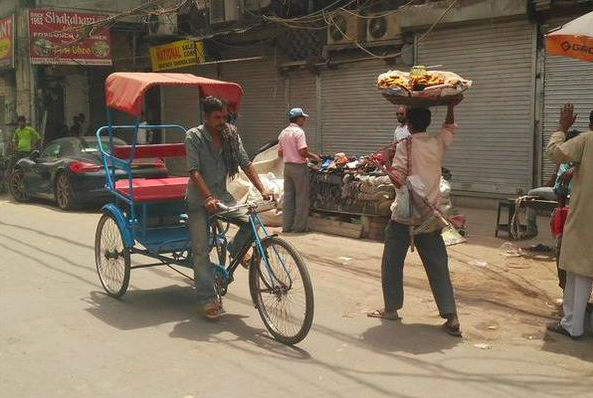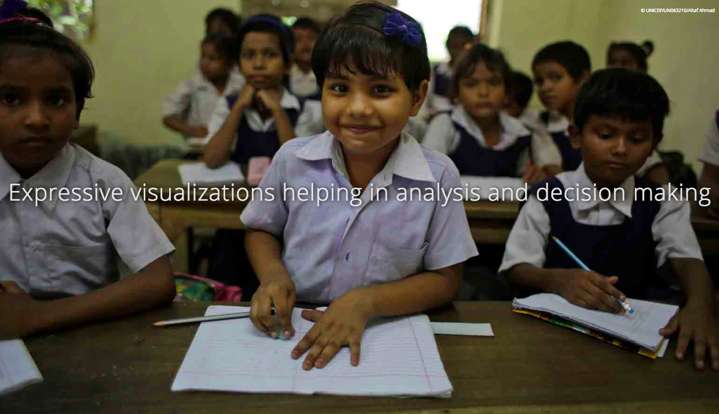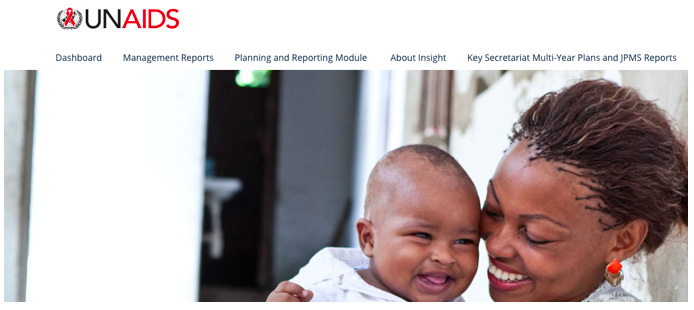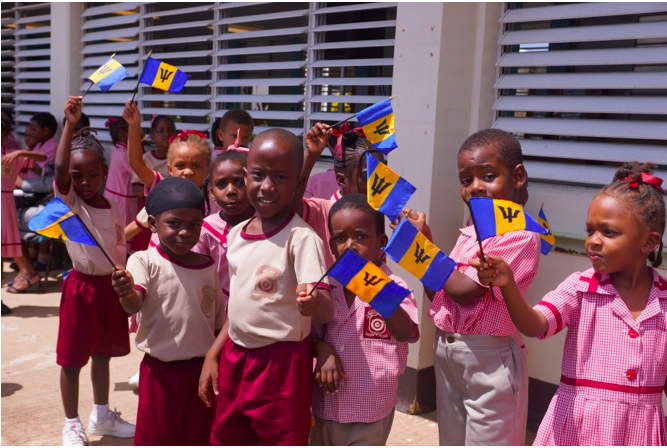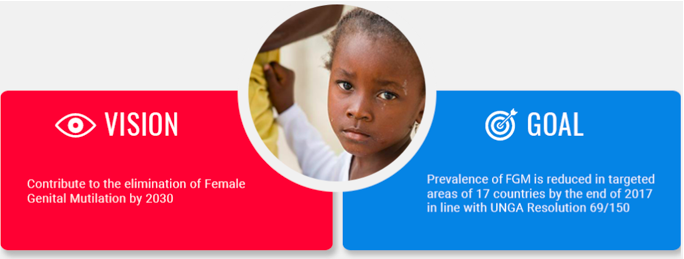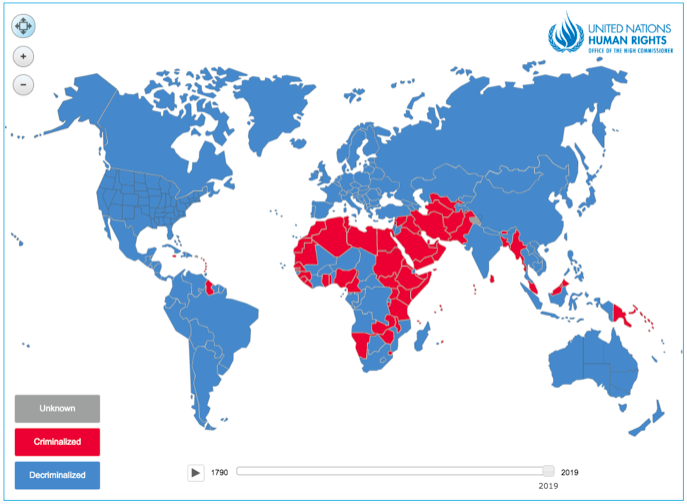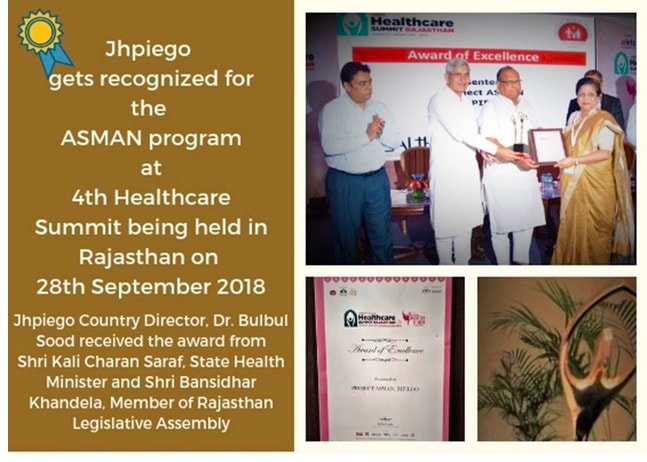|
Ruchi Varma, Program Manager-Urban Development, Community Systems Foundation Jayati Narain, Research Associate, OpenCities Institute
0 Comments
Strengthening India’s Education Data Dissemination through Visualization Tools on U-DISE and NAS19/10/2018 Menna El Shiati, Advisor - Gender and FGM, Community Systems Foundation Seth Davis, Communications Officer, Community Systems Foundation
|
Join the CSF data revolution webinar tomorrow!
COMMUNITY SYSTEMS FOUNDATION – EST 1963
+1 212 500 1335
data-driven sustainable development

